Is Lead Generation Worth it?
Yes, lead generation is worth it for both big and small businesses.
Ensuring a steady flow of leads is integral to the success of a company. Quality leads mean more closed deals.
Getting high quality leads isn’t as simple as you’d think, but they’re much needed.
Read on to find out more about lead generation and why all businesses need it.
Contents
- What is Lead Generation?
- Types of Lead Generation (Inbound vs. Outbound)
- Ways to Generate Leads
- Benefits of Lead Generation
- Challenges of Lead Generation
- Measuring the ROI of Lead Generation
- Strategies to Maximise Lead Generation Effectiveness
- Lead Generation in B2B vs. B2C
- FAQs
- Summary of Key Points
- You May Also Be Interested In
What is Lead Generation?
Lead generation is the action of identifying potential customers and cultivating them for a business’s products or services.
There are different types of lead generation, including inbound and outbound. The process also involves qualifying leads, in order to ensure they’re more likely to convert.
The process also involves lead nurturing, which involves connecting with potential customers throughout the process.
Get risk-free leads with our pay-on-conversion model – only charging for leads that convert
Types of Lead Generation (Inbound vs. Outbound)
The two main types of lead generation are inbound and outbound, although they share similarities, they display a stark difference.
Risk-Free & No Charge Lead Generation
Generally, you are subject to pay-per-lead or pay for a campaign. This is without a guarantee of conversions or quality leads.
That’s why picking a lead generation agency is stressful. Make the wrong choice, and you’ll be throwing cash away and chasing your tail to no avail.
But at FatRank, we offer a pay-on-conversion concept. What does that mean? It means you pay nothing until the lead has been converted into a sale.
This is risk-free and involves no charge upfront. It’s rare to find this type of offer, but we have complete confidence in finding exclusive and real-time leads.
But first, we need to speak to you. Contact us to find out if we have leads in your industry. We tailor our campaigns to our clients, meaning we only take on specific businesses.
Inbound Lead Generation
The inbound lead generation approach focuses on creating valuable content and experiences that draw people to your company. Techniques include content marketing, social media, SEO, and webinars.
Inbound marketing is to allow customers to come to you rather than the other way around. When a customer visits your website or finds you organically through social media, they are an inbound lead that is already qualified due to the interest they have shown.
Outbound Lead Generation
The outbound lead strategy involves reaching out directly to potential customers through methods like cold calling, email marketing, and direct mail.
Outbound lead generation requires a business to seek out customers, actively searching for or targeting potential customers. Outbound leads are valuable due to the highly targeted approach, but it does take time to work on the need to qualify them.
Ways to Generate Leads
There are plenty of ways to generate additional leads for your business. You can use lead generation strategies that include content marketing, social media, e-mail marketing, SEO, and PPC.
Content Marketing
Create valuable content like blog posts, e-books, and webinars. These resources attract potential customers and build trust. Regularly publishing high-quality content positions your business as an industry leader.
Social Media Engagement
Utilise platforms like LinkedIn, Facebook, and Twitter. Engage with prospects by sharing relevant content and responding to comments. This interaction helps to build relationships and increase brand visibility.
Email Marketing
Send targeted email campaigns to nurture leads. Keep potential customers informed about your offerings. Personalised emails increase engagement and conversion rates.
Paid Advertising
Invest in PPC ads on search engines and social media. This strategy reaches a broader audience quickly. Effective ad targeting ensures that your message reaches interested prospects.
SEO Optimisation
Optimise your website for search engines. This attracts organic traffic from potential leads. High search engine rankings increase visibility and credibility.
Networking Events
Attend industry events and conferences. Connect with potential clients and partners in person. These interactions can lead to valuable business relationships and opportunities.
Cold Calling
Directly reach out to potential clients via phone calls. This traditional method can still be effective with a well-prepared script and a targeted list. Building a personal connection through conversation can convert leads into clients.
For other ways to generate leads that aren’t cold calling, check out our detailed guide on alternative lead generation strategies.
Referral Programs
Encourage satisfied customers to recommend others. Offer incentives and rewards for successful referrals. This approach leverages existing relationships to generate new leads.
Benefits of Lead Generation
As you’d imagine, they’re are lots of benefits to lead generation. Getting good quality leads results in more sales for a business.
Increased Sales Opportunities
Effective lead generation strategies can significantly increase the number of potential customers entering your sales funnel, thereby boosting sales opportunities and revenue.
It’s a no-brainer; if a company has the ability to receive quality leads, then they’re sure to take them. Quality leads mean more sales for a company, although there’s a strategy required to first gain the lead and then close the deal.
Improved Targeting and Personalisation
Lead generation allows for more precise targeting and personalisation, ensuring that marketing efforts are directed towards individuals who are most likely to convert.
Targeting a lead and employing strategies for quality leads requires less work and provides a better opportunity of closing sales.
Qualified leads don’t need to be nurtured as much and target customers aligned with your business or service.
Enhanced Customer Relationships
By nurturing leads through the sales process, businesses can build stronger relationships with potential customers, increasing trust and loyalty.
Lead generation allows for connection with your audience, ensuring a long-lasting relationship with your customers. This not only increases the chance of new customers but also increases the likelihood of returning customers.
Cost-Effectiveness Compared to Traditional Marketing
Lead generation, particularly inbound strategies, can be more cost-effective than traditional marketing methods, offering higher returns on investment by focusing efforts on interested prospects.
This saves you both time and effort, affording you the chance to target specific potential customers who are likely to have an an interest in your product or service.
Challenges of Lead Generation
Although lead generation is a must for all businesses, it does come with its challenges.
Time and Resource Intensive
Implementing and maintaining lead generation strategies can be time-consuming and require significant resources, including technology, personnel, and budget.
That’s why it’s important to ensure an efficient strategy that targets potential customers. Low quality leads can send you on a “goose chase” meaning that time and money is spent in the wrong places.
Quality vs. Quantity of Leads
Generating a large number of leads does not guarantee quality. Businesses must balance the quantity of leads with their quality to ensure that efforts are directed towards prospects with the highest conversion potential.
Integration with Sales Processes
Aligning lead generation efforts with sales processes can be challenging. It requires effective communication and collaboration between marketing and sales teams to ensure seamless lead handoffs and follow-ups.
Measuring the ROI of Lead Generation
To ensure that lead generation is worth your time, it is vital to record your lead generation. Here are some tools and techniques to monitor your progress.
Key Performance Indicators (KPIs)
To measure the success of lead generation efforts, businesses should track key performance indicators such as conversion rates, cost per lead, lead-to-customer ratio, and overall return on investment.
KPIs ensure that you aren’t guessing your results and instead you are able to track your leads and their quality.
Tools for Tracking Lead Generation Success
Various tools can help track the effectiveness of lead generation campaigns, including CRM systems like Salesforce, marketing automation platforms like HubSpot, and analytics tools like Google Analytics.
Case Studies and Success Stories
Reviewing case studies and success stories from similar businesses can provide insights into what works and what doesn’t in lead generation. Learning from others’ experiences can help refine strategies and improve results.
Strategies to Maximise Lead Generation Effectiveness
To get the most out of your leads, you will want to make sure that you have the right marketing team, automation tools and testing.
Aligning Marketing and Sales Efforts
Ensuring that marketing and sales teams are aligned and working towards common goals is critical for successful lead generation. Regular communication, shared metrics, and collaborative planning can enhance alignment.
Utilising Marketing Automation Tools
Marketing automation tools can streamline lead generation processes, from capturing and nurturing leads to tracking and analysing campaign performance. These tools save time and ensure consistent communication with prospects.
Continuous Optimisation and Testing
Lead generation strategies should be continuously tested and optimised based on performance data. A/B testing, regular reviews, and adjustments can help maximise effectiveness and ROI.
Lead Generation in B2B vs. B2C
- B2B Lead Generation: Often involves longer sales cycles and focuses on relationship building. Techniques include account-based marketing, industry events, and LinkedIn outreach.
- B2C Lead Generation: Typically has shorter sales cycles and relies on emotional appeal and broad reach. Strategies include social media advertising, influencer partnerships, and email marketing.
Sector-Specific Lead Generation Strategies
Different industries may require tailored lead generation approaches. For example, tech companies might focus on webinars and whitepapers, while retail businesses might leverage social media and email campaigns.
FAQs
What is the role of lead generation?
The role of lead generation is to guide prospective customers into the sales funnel and through the sales pipeline until they are ready to make a purchase.
Lead generation campaigns aim to identify potential customers who have shown interest in a product or service. These campaigns engage and nurture these prospects, providing them with relevant information and solutions to their problems. By doing so, lead generation helps build trust and establishes a relationship with potential customers.
The ultimate goal is to convert leads into prospects into paying customers, thereby driving sales and business growth. Effective lead generation ensures a steady flow of qualified leads, which is crucial for sustaining and expanding a business.
What is an example of lead generation?
Lead generation is the process of attracting prospects to your business and increasing their interest through nurturing, all with the end goal of converting them into customers.
An example of lead generation is using blog posts to engage potential customers. By creating valuable content that addresses your audience’s needs, you draw them to your website. Once there, use call-to-action buttons or forms to capture their contact information, allowing you to nurture these leads through follow-up emails and personalised content, guiding them towards making a purchase.
Other examples include job applications, coupons, live events, and online content like webinars and social media posts. These methods help build a pipeline of potential customers ready for conversion
Summary of Key Points
Lead generation is a vital aspect of business growth, offering numerous benefits such as increased sales opportunities, improved targeting, and cost-effectiveness.
New businesses built to solve problems often overlook the importance of lead generation, due to the business they’re receiving. But as time goes on, ensuring a steady flow of leads is imperative to a business’ success.
You May Also Be Interested In
- 10 Ways to Generate Sales Leads Without Cold Calling

- Accountants Lead Generation

- Addiction Rehab Treatment Lead Generation
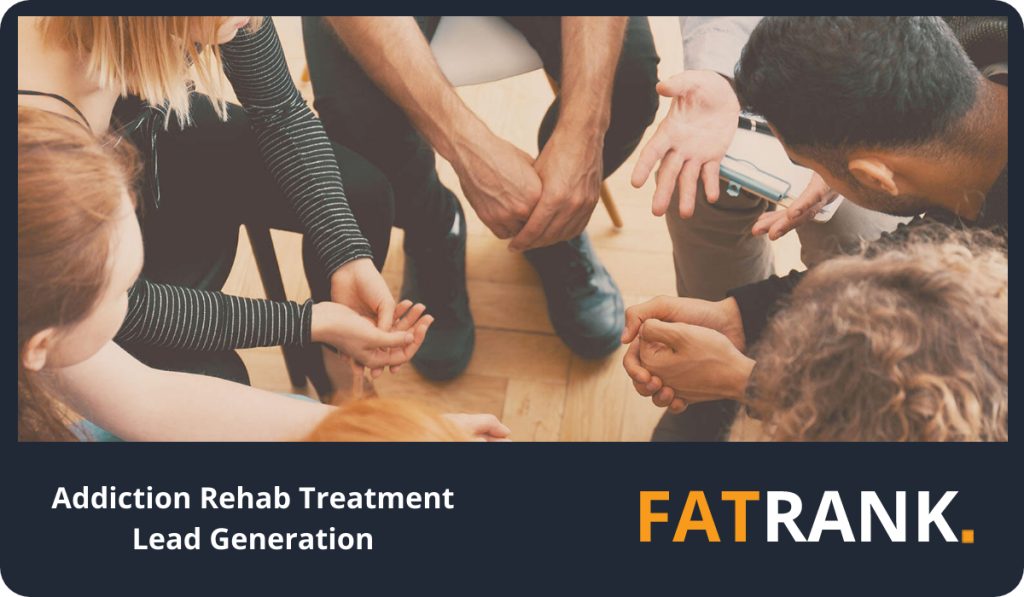
- Annuity Lead Generation

- Architects Lead Generation

- Attorney Lead Generation

- B2B vs B2C Lead Generation

- Bark.com Review
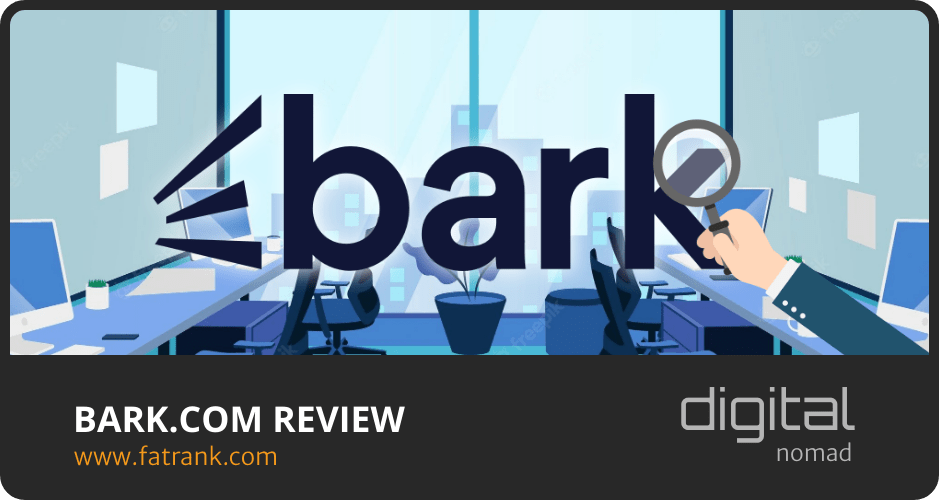
- Boiler Lead Generation

- Building Lead Generation

- Carpet Cleaning Lead Generation

- Checkatrade Review

- Chiropractic Lead Generation

- Cleaning Lead Generation

- Concrete Lead Generation

- Conservatory Lead Generation

- Credit Repair Lead Generation

- Cyber Security Lead Generation

- Damp Proofing Lead Generation

- Debt Lead Generation

- Decorator Lead Generation

- Dentist Lead Generation

- Digital Marketing Strategies for Lead Generation
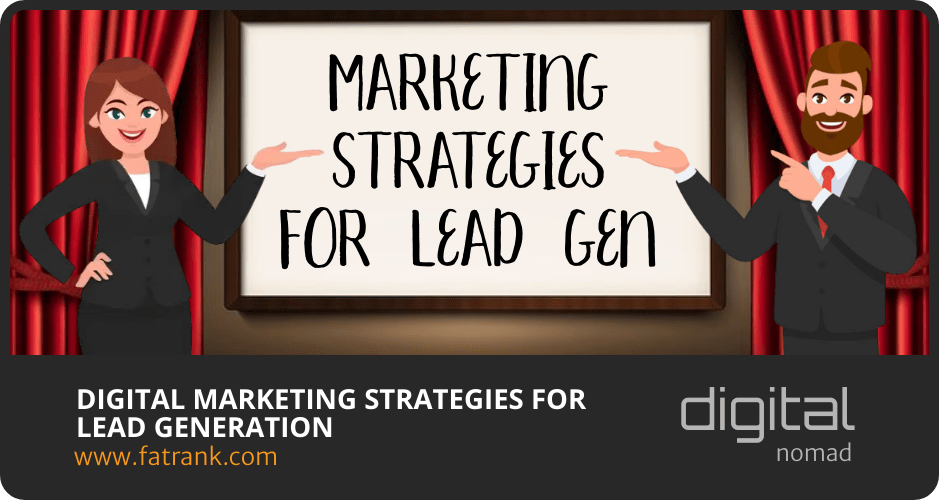
- Double Glazing Lead Generation

- Driveway Lead Generation

- Electrician Lead Generation

- Equity Release Lead Generation

- Excavation Contractor Lead Generation

- Fencing Lead Generation

- Financial Advisor Lead Generation

- Fintech Lead Generation: 5 Strategies for Fintech Companies

- Garage Door Lead Generation

- Heat Pump Lead Generation

- Heating Lead Generation

- Home Improvement Lead Generation

- How to Choose the Right Lead Generation Client

- How to Generate More Leads

- HVAC Lead Generation

- Importance Of Exclusive Leads

- Importance Of Leads That Convert Into Profit

- In-Market Lead Generation vs Out-Of-Market Demand Generation
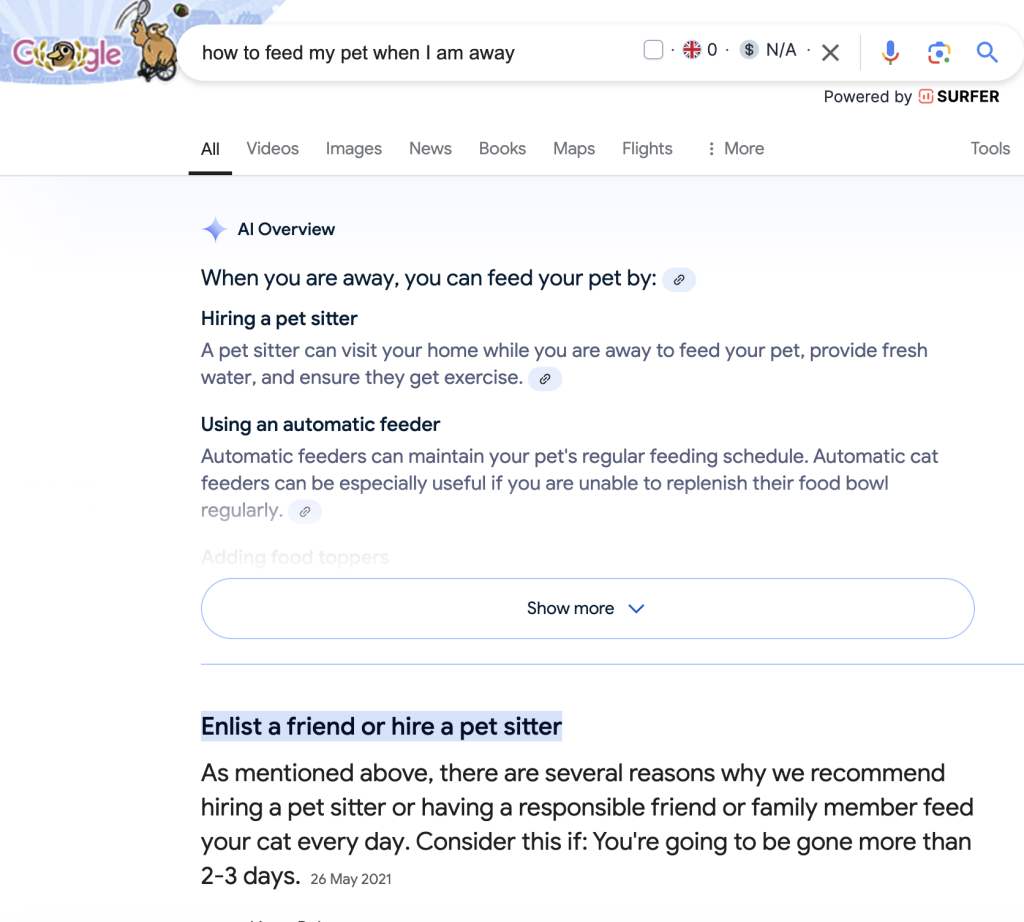
- Inbound Lead Generation Agency

- Insulation Lead Generation for Cavity Wall or Loft Insulations

- Is Lead Generation Worth it?

- Is Yellow Pages Business Advertising Value For Money?

- IT Services Lead Generation

- Joiner Lead Generation

- Landscaping Lead Generation

- Lawyers Lead Generation

- Lead Generation for Recruitment Agencies

- Lead Generation Quotes to Inspire You
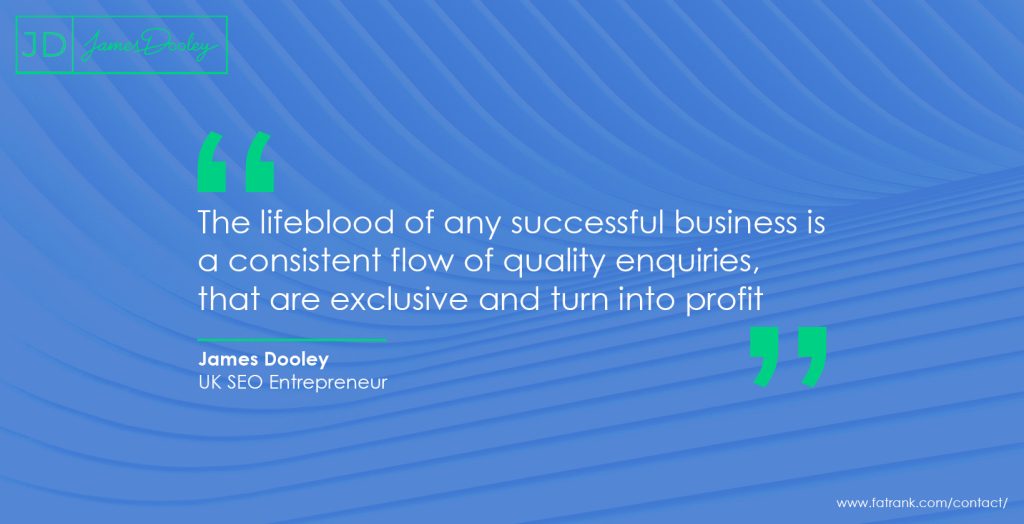
- Lead Generation Testimonials

- Lead Nurturing Strategies

- Lead Simplify Review
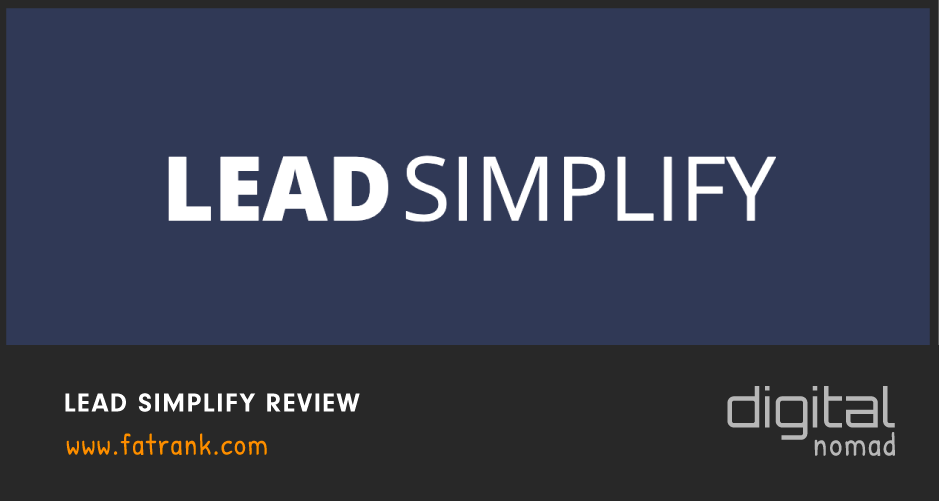
- Leads First: Everything Flows Downstream After Lead Generation
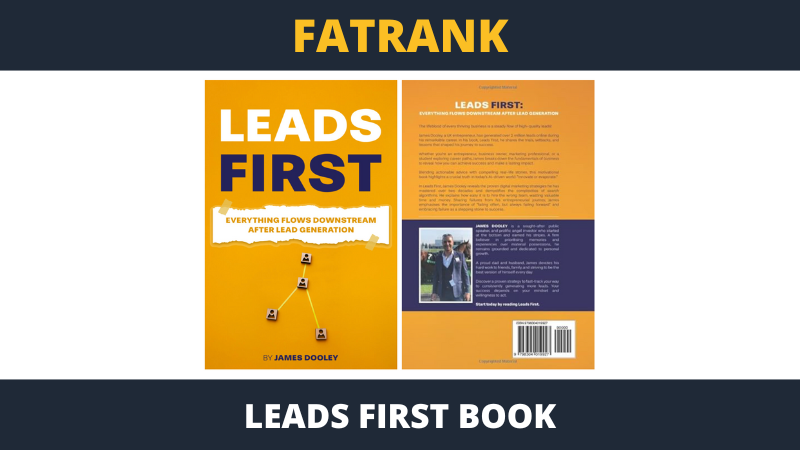
- Life Insurance Lead Generation
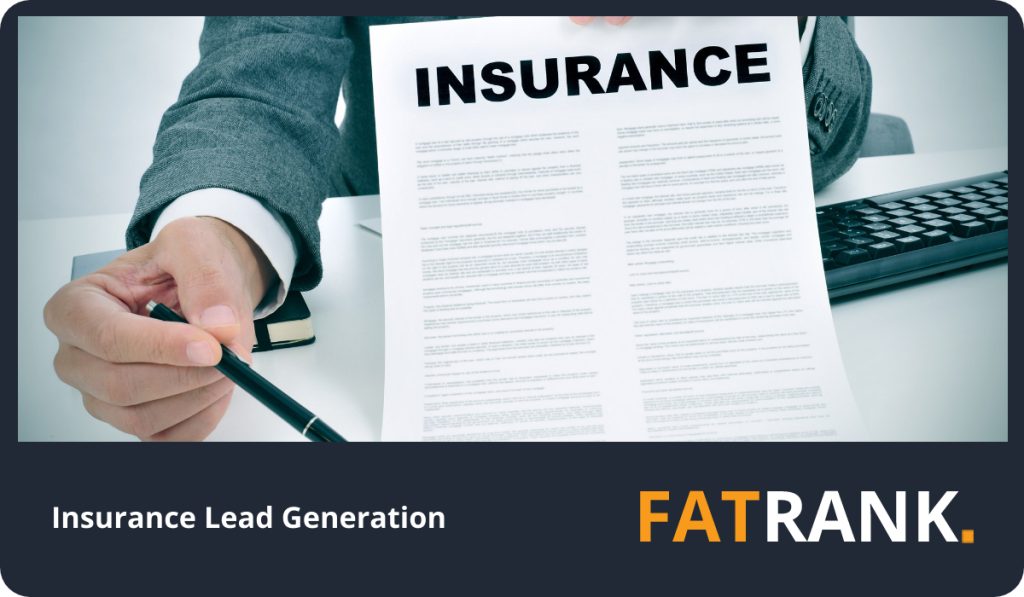
- Loans Lead Generation

- Locksmith Lead Generation

- Loft Conversion Lead Generation

- Mortgage Lead Generation

- Mould Remediation Lead Generation

- My Builder Review

- Outbound Lead Generation Agency

- Outsourced b2b Lead Generation

- Painting Contractor Lead Generation

- Pay Per Lead Generation
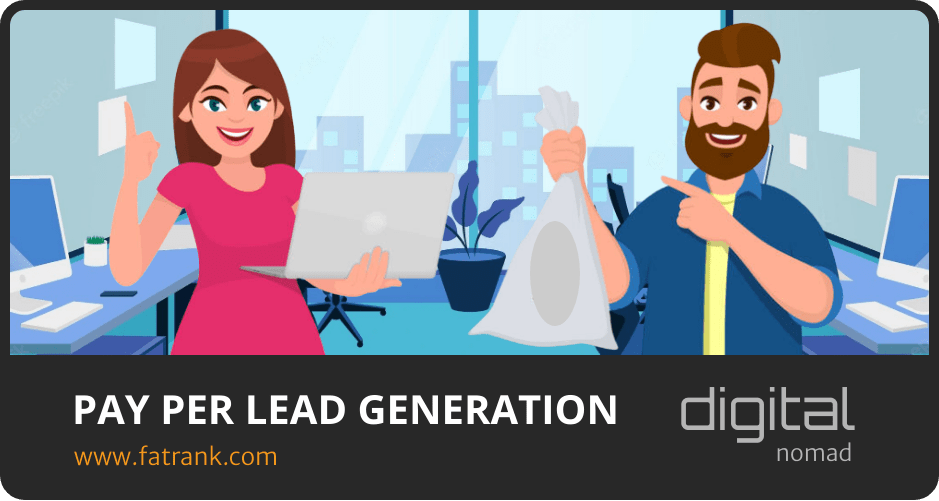
- Personal Trainer Lead Generation

- Pest Control Lead Generation

- Photographer Lead Generation

- Plastering Lead Generation

- Plastic Surgery Lead Generation

- Plumbing Lead Generation

- PPC Lead Generation
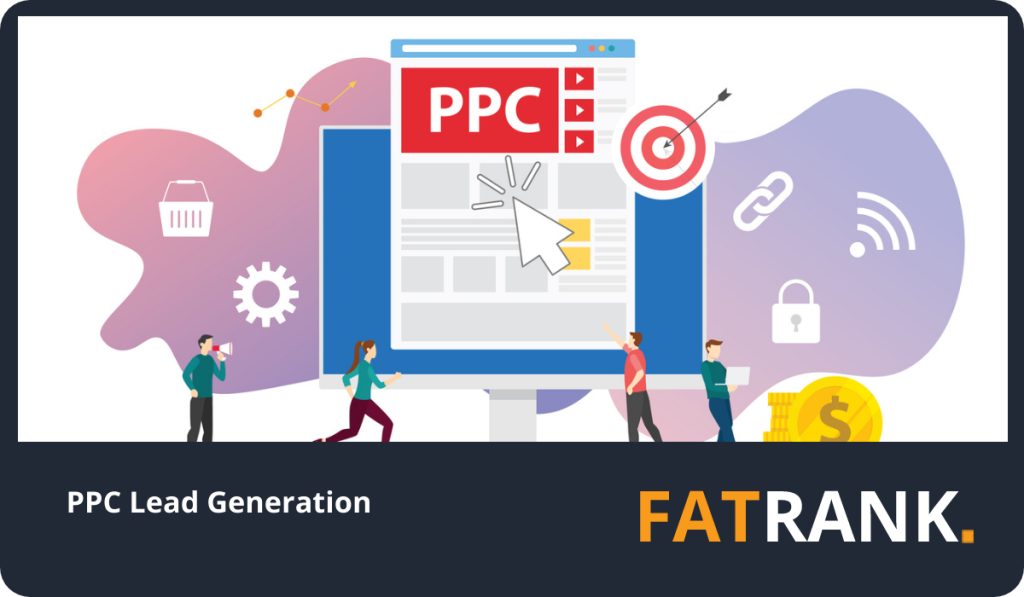
- Pressure Washing Lead Generation

- Qualified Investor Leads: How to Get High Quality Leads

- Questions You Should Ask Lead Generation Companies

- Real Estate Lead Generation

- Reasons to Decline Lead Generation Requests

- Recruitment Lead Generation

- Rendering Lead Generation

- Responding to Leads

- Roofing Lead Generation

- SaaS Lead Generation

- Scaffolding Lead Generation

- SEO Lead Generation

- Solar Panel Lead Generation

- Stairlift lead generation

- Suspended Ceiling Lead Generation

- Tradesman Websites
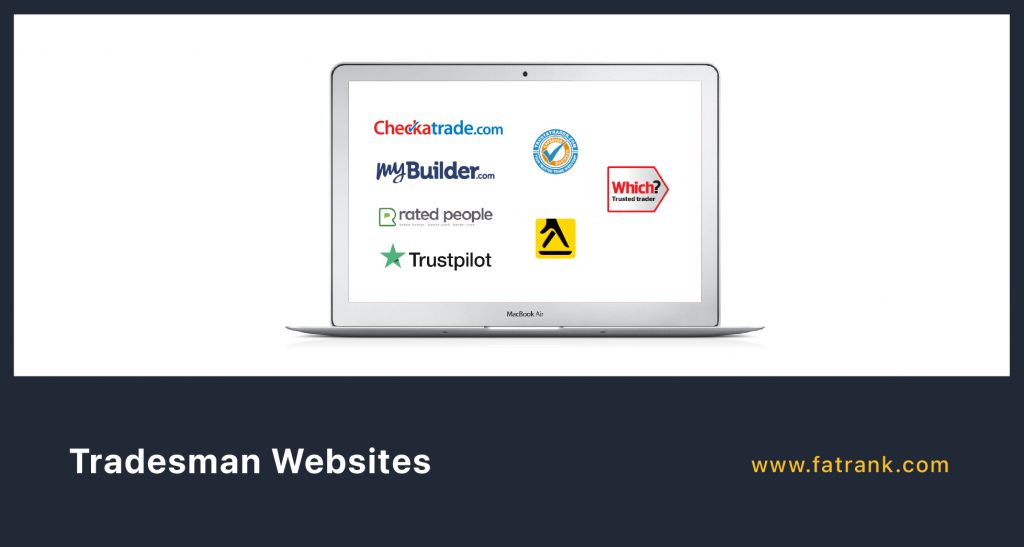
- Tree Service Lead Generation

- TrustATrader Review
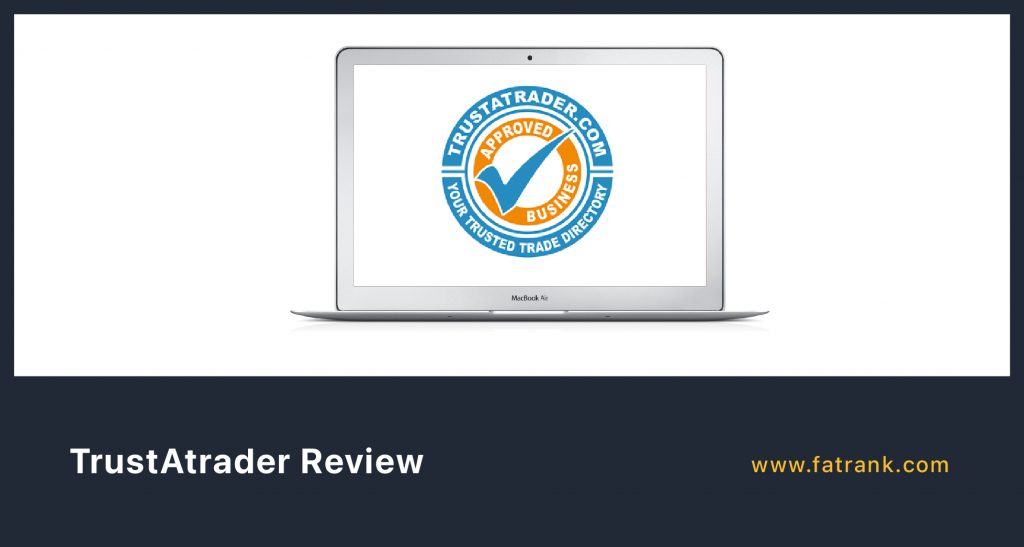
- Twitter Ads Lead Generation | Buy Twitter Advertising Leads

- Videographer Lead Generation

- Virtual Assistant Lead Generation

- Water Damage Lead Generation

- Web Design Lead Generation

- What is a Lead

- What Is Lead Management

- What Is The Impact Of Lead Response Time

- What Is The Importance Of Lead Quality

- Why is Lead Attribution Important?

- Why Real-Time Leads Could Boost Your Sales

- Zero Risk Lead Generation Service


About FatRank
Our aim to explain and educate from a basic level to an advanced on SEO and Social Media Marketing.
